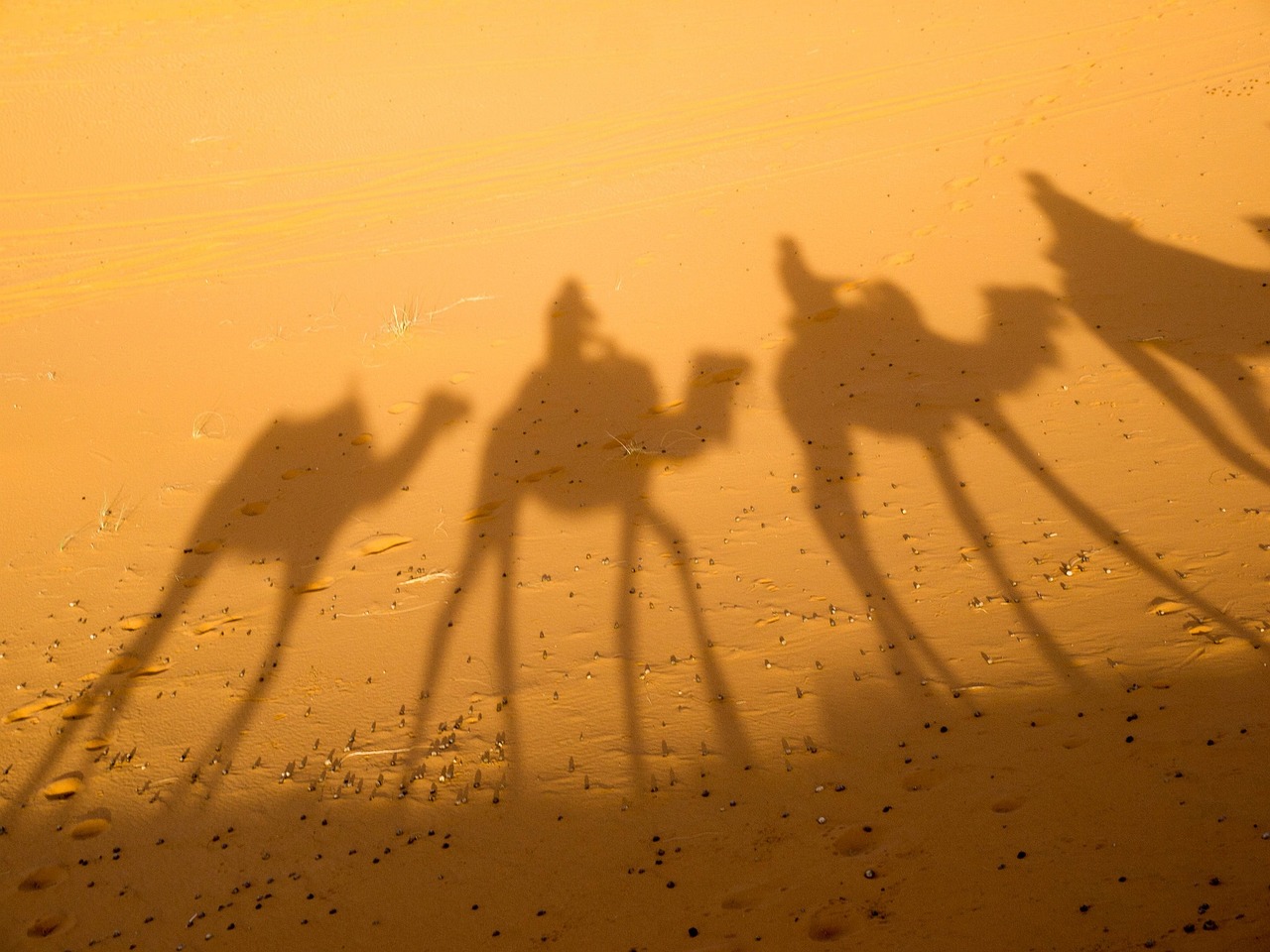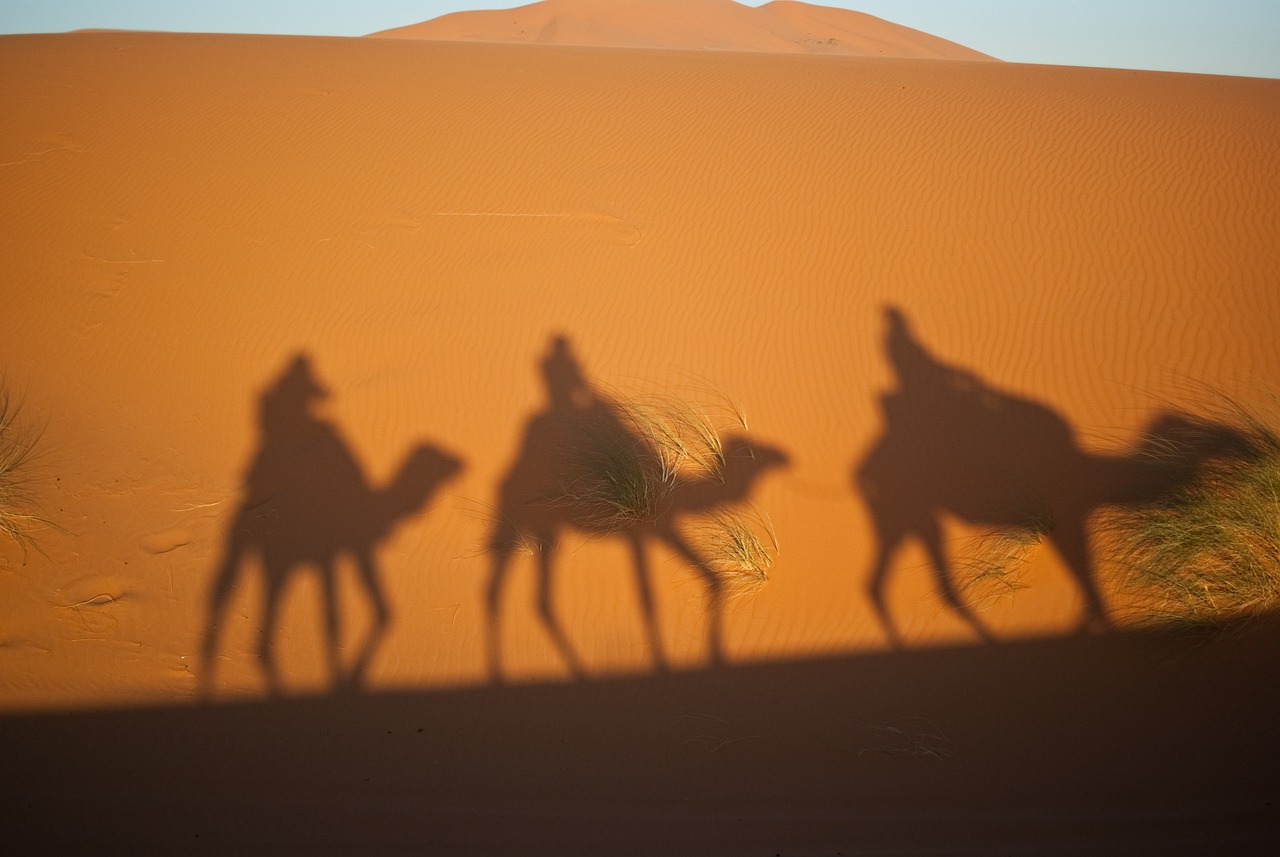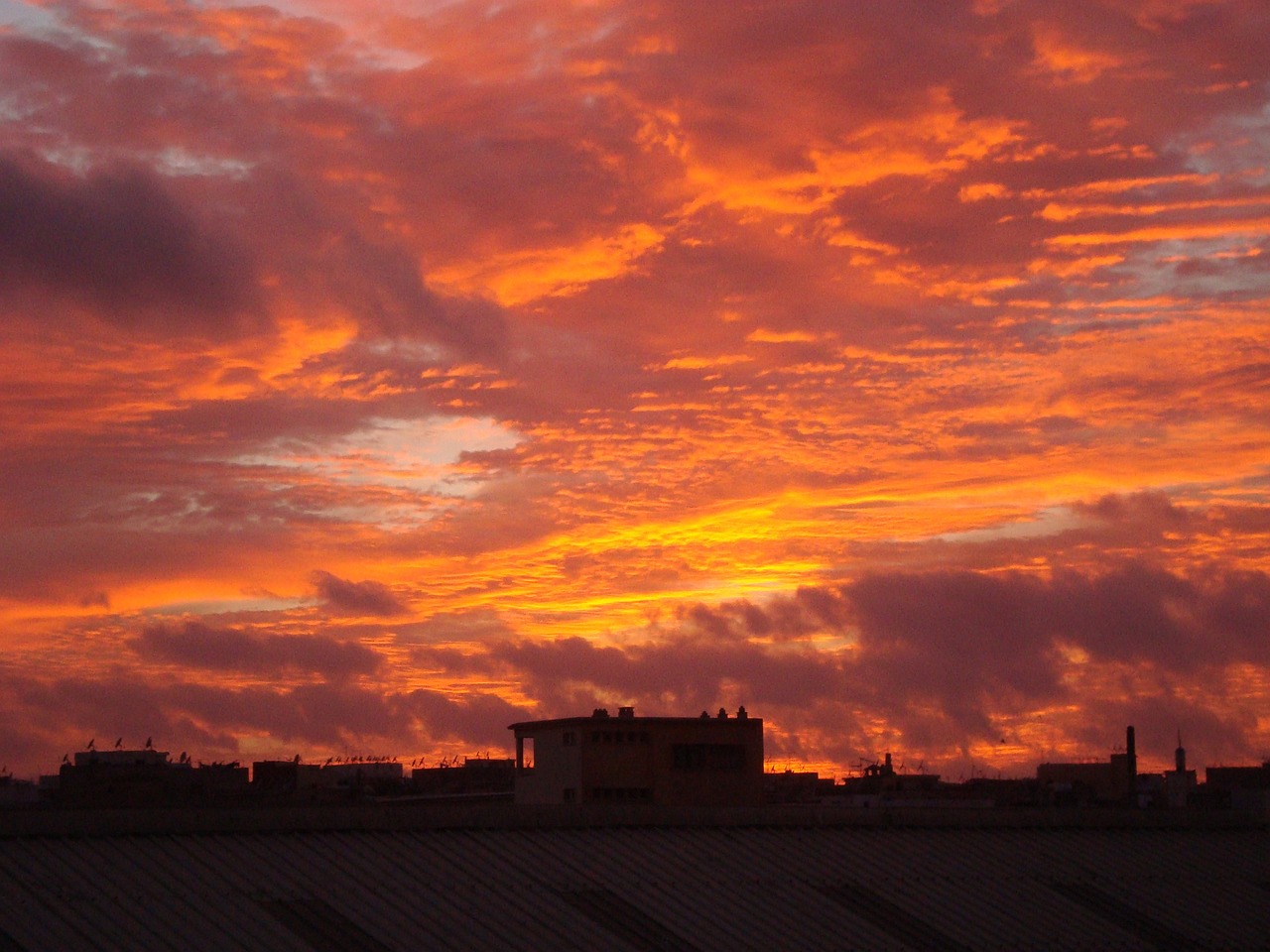Morocco Video
Local Celebrations and Holidays: What to Expect in Morocco
Morocco is a vibrant country known for its rich culture and diverse traditions. The country celebrates a wide range of local celebrations and holidays throughout the year, each offering a unique insight into Moroccan customs and practices. From religious festivals to national holidays, these events provide an opportunity for locals and visitors alike to immerse themselves in the colorful traditions and festivities of Morocco. In this article, we will explore some of the most significant celebrations and holidays in Morocco and what you can expect when attending them.
Islamic New Year: Muharram
Muharram is the first month of the Islamic calendar and marks the beginning of the Islamic New Year. The celebration of Muharram is a significant event in Morocco, primarily observed by the Muslim community. During this time, Muslims reflect on the historical events that took place during this month, particularly the martyrdom of Imam Hussein, the grandson of Prophet Muhammad. The streets are decorated with lights and colorful banners, and people gather in mosques to offer prayers and listen to sermons. The atmosphere is solemn, and it is a time for introspection and remembrance.
- Processions: One of the highlights of Muharram is the processions that take place throughout the country. Participants dress in traditional attire and carry flags and banners. The processions are accompanied by drums and chants, creating a powerful and emotional atmosphere.
- Charitable Acts: Muharram is also a time for charitable acts, where people distribute food and other necessities to the less fortunate. It is considered a virtuous act to give back to the community during this month.
- Community Gatherings: Families and friends come together during Muharram to share meals and spend time with loved ones. It is a time for unity and solidarity within the community.
Eid al-Fitr: Festival of Breaking the Fast
Eid al-Fitr, also known as the Festival of Breaking the Fast, is one of the most important religious celebrations in Morocco. It marks the end of Ramadan, the holy month of fasting for Muslims. The festival is a time of joy and gratitude, as Muslims come together to celebrate the successful completion of their fast.
- Prayer and Sermons: On the morning of Eid al-Fitr, Muslims gather in mosques or open spaces for communal prayers. Imams deliver sermons, emphasizing the significance of the festival and the values of forgiveness and compassion.
- Feasting: After the prayers, families and friends gather to enjoy a festive meal together. Traditional Moroccan dishes, such as couscous and pastries, are prepared and shared.
- Gift Giving: It is customary to exchange gifts during Eid al-Fitr as a gesture of love and appreciation. Children often receive new clothes and toys, and acts of charity are also encouraged.
Morocco Image 1:

Mouloud: Birth of the Prophet Muhammad
Mouloud, also known as the Birth of the Prophet Muhammad, is a significant religious celebration in Morocco. It commemorates the birth of Prophet Muhammad, the founder of Islam. The festival is marked by various customs and traditions, bringing together Muslims from different parts of the country.
- Street Processions: Colorful processions take place in the streets, with participants singing hymns and chanting praises to the Prophet Muhammad. People carry banners and flags, and the atmosphere is filled with joy and reverence.
- Decorations: Homes and mosques are adorned with lights and decorations. It is common to see intricate designs and calligraphy depicting verses from the Quran.
- Religious Gatherings: Muslims gather in mosques to offer special prayers and listen to sermons that highlight the life and teachings of the Prophet Muhammad. The sermons often emphasize unity, peace, and love for humanity.
Independence Day: March 2nd
Independence Day is a national holiday in Morocco, commemorating the country’s independence from French and Spanish colonial rule. It is a day of national pride and celebration, marked by various events and activities throughout the country.
- Flag Raising Ceremonies: The day begins with flag-raising ceremonies in public squares and government buildings. The national flag of Morocco is proudly displayed, symbolizing the country’s sovereignty and independence.
- Parades and Marches: Colorful parades and marches take place, featuring military bands, traditional music, and dance performances. People gather along the streets to cheer and celebrate.
- Fireworks and Festivals: In the evening, fireworks light up the sky, and festivals are held in different cities. There are music performances, cultural exhibitions, and traditional Moroccan food stalls.
Morocco Image 2:

Ashura: Commemoration of Imam Hussein’s Martyrdom
Ashura is a day of mourning and remembrance observed by the Muslim community in Morocco. It commemorates the martyrdom of Imam Hussein, the grandson of Prophet Muhammad, who was killed in the Battle of Karbala. The day holds great significance for Shia Muslims and is marked by solemn rituals and processions.
- Self-flagellation: Some Shia Muslims participate in self-flagellation rituals as a form of mourning. They use chains or blades to beat their chests, symbolizing their grief and solidarity with Imam Hussein.
- Blood Donation: As an alternative to self-flagellation, many Shia Muslims choose to donate blood during Ashura. This act is seen as a way to honor Imam Hussein’s sacrifice and help those in need.
- Recitation of Elegies: Religious gatherings are held, where elegies and poems are recited to remember the tragic events of Karbala. The recitations often evoke emotions of sorrow and empathy.
Morocco Image 3:

Conclusion
Morocco’s local celebrations and holidays offer a fascinating glimpse into the country’s rich cultural heritage. Whether you are interested in religious festivals or national holidays, attending these events allows you to experience the vibrant traditions and customs of Morocco. From the solemn processions of Muharram to the joyful feasts of Eid al-Fitr, each celebration has its own unique atmosphere and rituals. By immersing yourself in these festivities, you can gain a deeper understanding of Moroccan culture and create lasting memories.
References
– www.moroccoworldnews.com
– www.moroccanzest.com
– www.morocco.com
– www.moroccoworldnews.com


